For many kitchen professionals, the question of what does seasoning a cast iron skillet do is pivotal to understanding how to maintain these durable cooking tools. Cast iron skillets are revered for their ability to evenly distribute heat and develop a natural non-stick surface through the seasoning process. But what does this process entail, and why is it so crucial for delivering perfect culinary results?
Seasoning is the method by which a layer of oil is baked onto the cast iron surface, creating a protective barrier against rust and providing a natural non-stick quality. This article delves deep into the art and science behind seasoning cast iron skillets, examining its essential benefits, methods, maintenance tips, and some common queries associated with it.
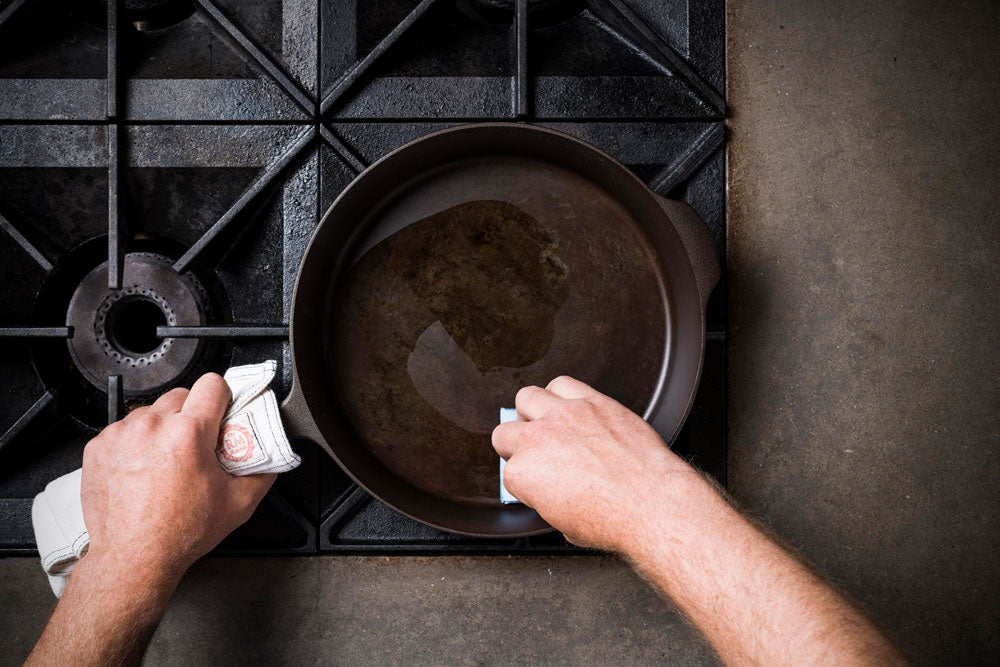
The Importance of Seasoning Cast Iron Cookware
Many kitchen professionals often wonder what exactly is at stake if they forego this fundamental practice. Seasoning your skillet not only improves its performance but also extends its lifespan. When you look at various types of cookware, the benefits of using well-seasoned cast iron are unparalleled:
- Non-stick cooking surface: Food is less likely to stick, which makes for easier cooking and cleanup.
- Rust protection: A properly seasoned skillet is less prone to rust, allowing for long-term usage.
- Flavor enhancement: Each use adds nuanced flavors, giving meals an edge you wont find with other materials.
- Heat retention: Cast iron provides excellent heat retention, making it perfect for searing and browning.
How to Properly Season Your Cast Iron Skillet
Understanding what does seasoning a cast iron skillet do can change the way you approach your cooking. Heres how to do it step by step:
- Clean the skillet: Use warm water and a non-abrasive scrubber to remove any food residues. Avoid soap, as it can strip away the oil.
- Dry thoroughly: After cleaning, make sure to dry your pan immediately using a towel or by placing it on low heat.
- Apply oil: Choose a suitable oil, such as flaxseed, vegetable, or canola oil, and apply a thin layer across the entire surface, inside and out.
- Bake: Place the skillet upside down in an oven preheated to around 400F for about an hour. This allows the oil to polymerize and form a hard coating.
- Cool: Turn off the oven and let the skillet cool inside. This process helps the seasoning bond better.
For a more in-depth guide on the best practices, ensure you follow expert recommendations to achieve optimal results.
What Can Go Wrong During Seasoning?
Despite your skills, there are mistakes that can occur. A common issue arises from too much oil being applied, which leads to a sticky surface rather than the efficient seasoning desired. Additionally, not allowing the skillet to cool properly can negatively affect the bond between the oil and the cast iron.
Maintenance Tips for Seasoned Skillets
A well-seasoned skillet requires proper maintenance to remain effective:
- Avoid soaking: After use, clean your skillet with minimal water and a gentle scrub.
- Re-season as needed: Notice if food begins to stick or if the surface appears dull; it's time to repeat the seasoning process.
- Store correctly: Keep your skillet in a dry area and consider placing a paper towel inside to absorb moisture.
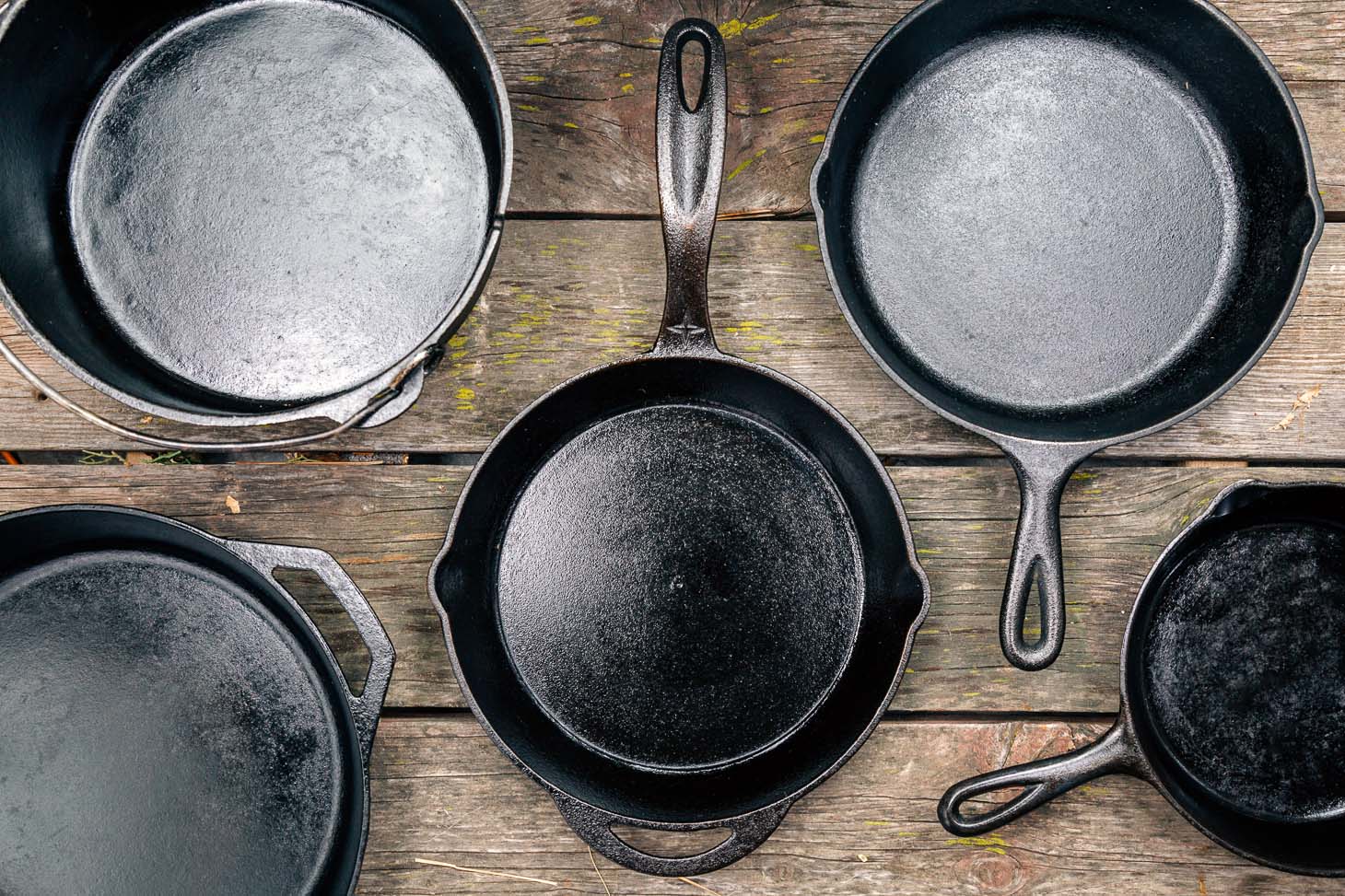
FAQs about Cast Iron Seasoning
1. How often should I season my skillet?
It depends on usage. If you use it regularly, re-season once or twice a year. For less frequent use, once is often enough.
2. What happens if my skillet rusts?
Rust can be removed by scrubbing the affected area with steel wool, rinsing, drying, and re-seasoning your skillet immediately.
3. Can I use cooking spray for seasoning?
While it may work initially, using cooking spray can create a sticky surface over time. It's best to use pure oils such as vegetable or flaxseed oil.
In conclusion, the answer to what does seasoning a cast iron skillet do is multifaceted. It influences the cooking quality, longevity, and flavor capacity of your cookware. By consistently maintaining and properly seasoning your skillet, you're equipped for outstanding culinary experiences. For further tips related to seasoning, check out this great resource on baking times. Remember, a well-seasoned skillet is not merely a tool; it's a culinary masterpiece!
As an Amazon Associate, I earn from qualifying purchases.

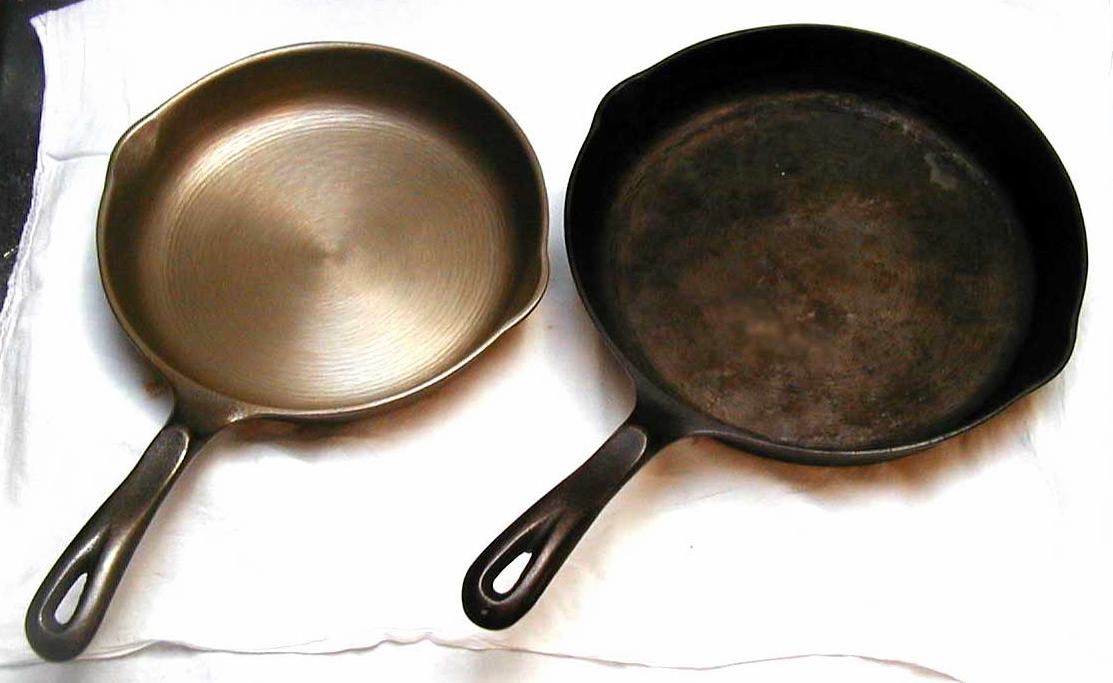


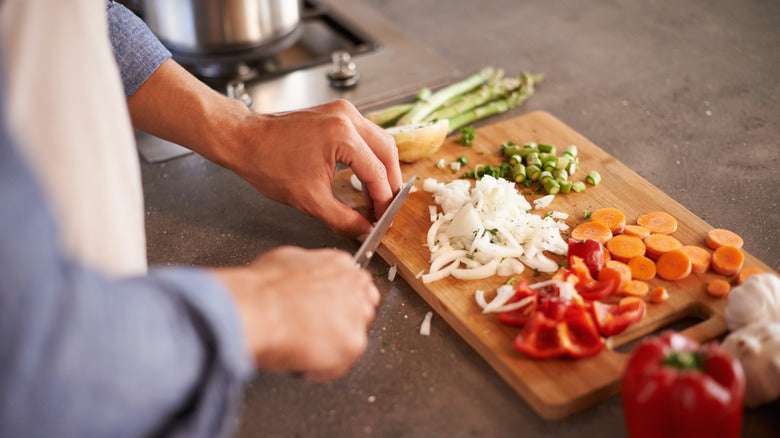
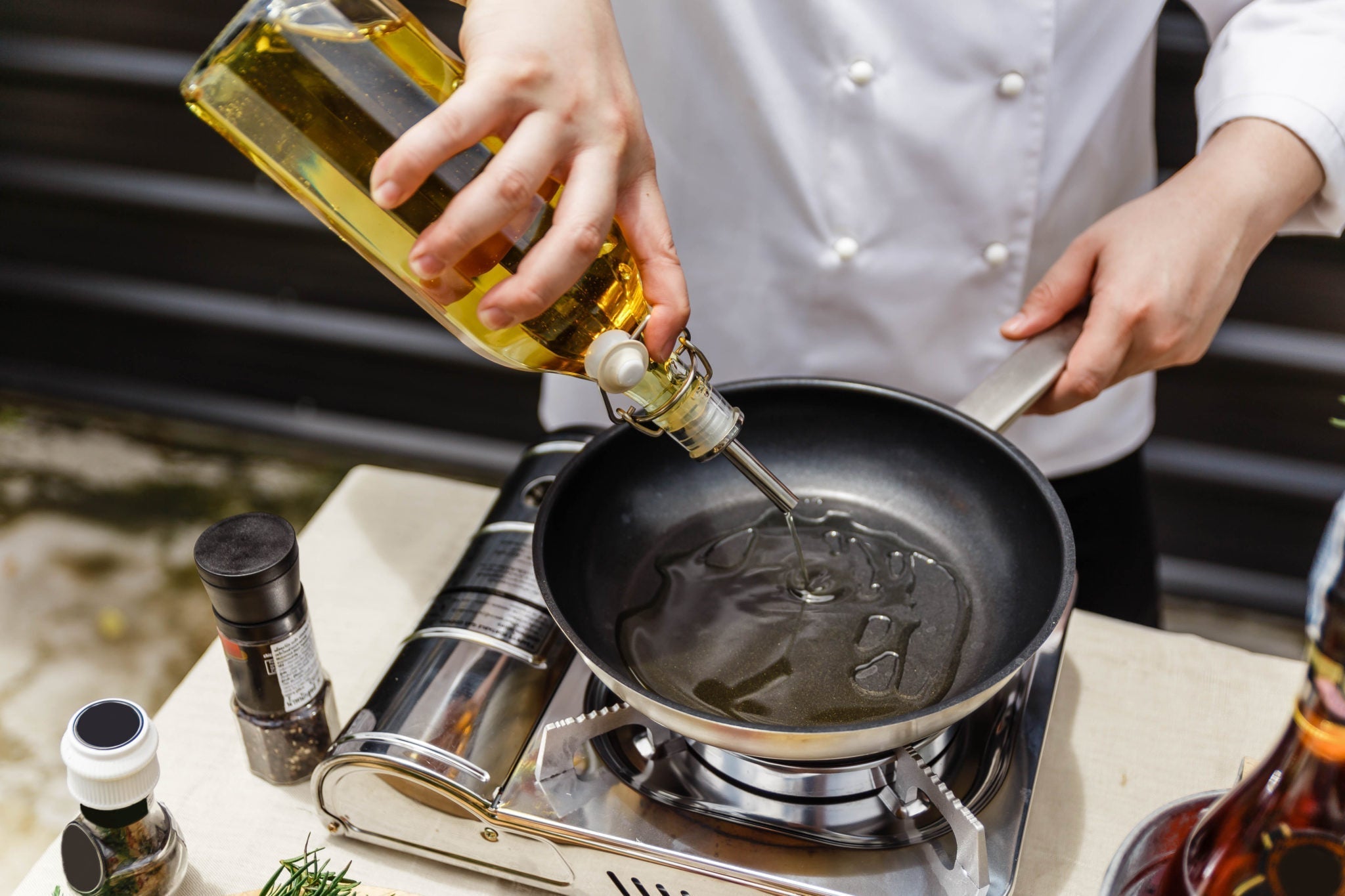
Leave a comment
This site is protected by hCaptcha and the hCaptcha Privacy Policy and Terms of Service apply.